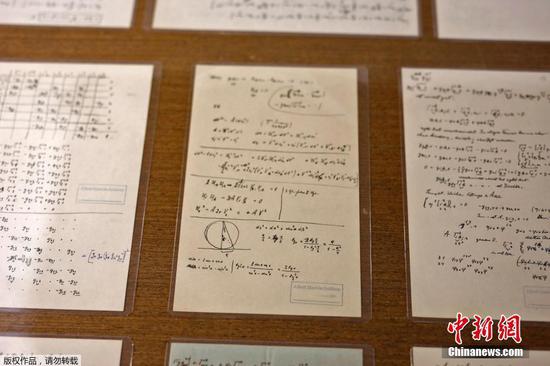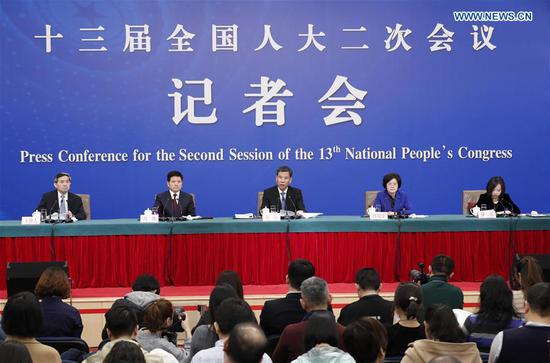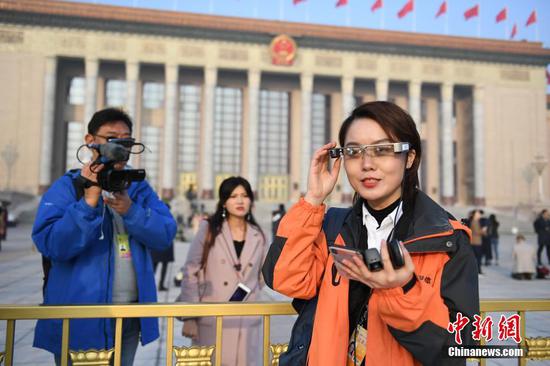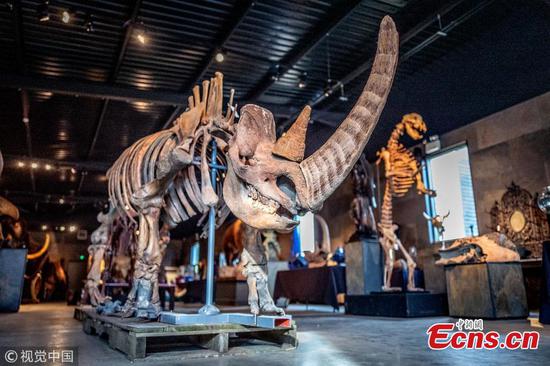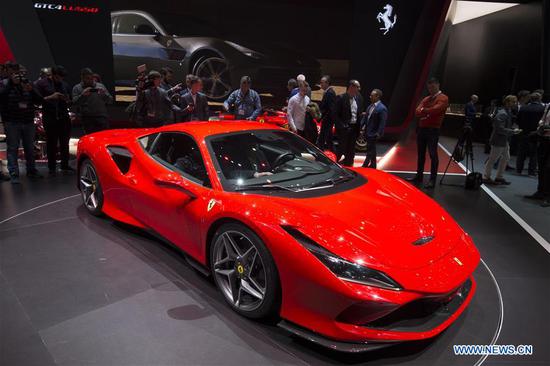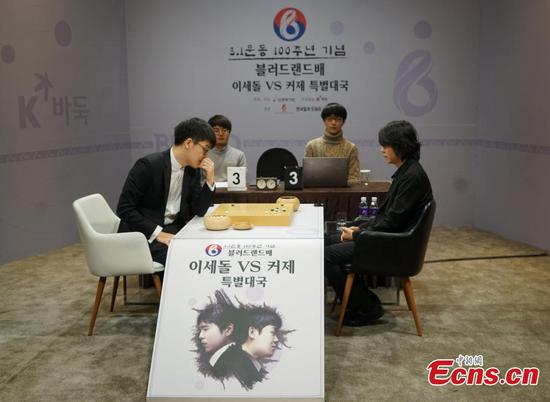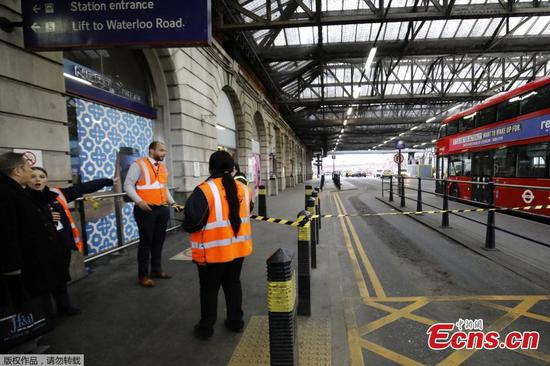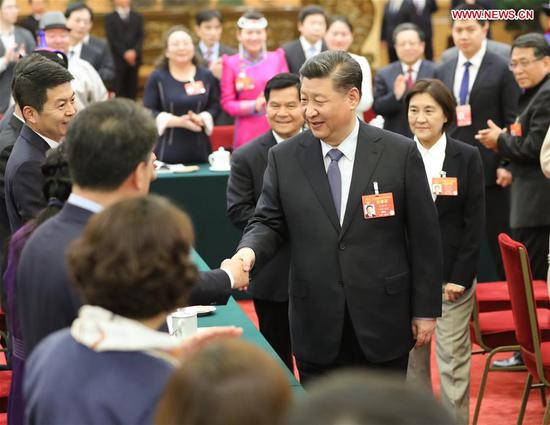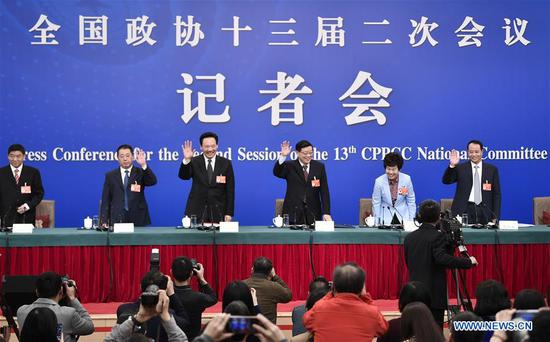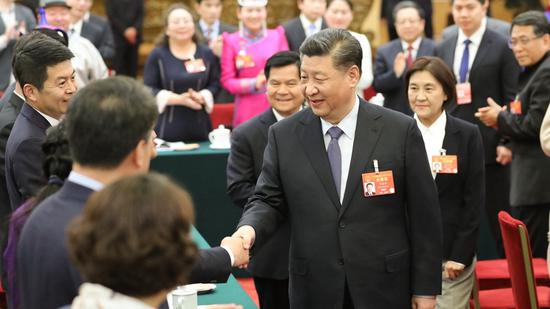Chinese telecom giant Huawei said on Thursday it is suing the U.S. government to challenge the U.S. over its ban on the use of Huawei products, as the Chinese telecom firm, which has been besieged by U.S. government attacks over its security "threats," has finally decides to fight back.
The latest decision marked the Chinese firm's most aggressive move to fight back U.S. accusation that its technology poses a global security threat.
According to a statement announced by Huawei's rotating chairman Guo Ping on Thursday, Huawei has filed a lawsuit to challenge the constitutionality of Section 889 of the 2019 National Defense Authorization Act (NDAA).
The NDAA not only restricts Huawei from serving U.S. customers, but also deprives Huawei of opportunities to serve customers outside the U.S. as the law bars U.S. government agencies from contracting with or awarding grants or loans to third parties who buy Huawei equipment and services.
Guo said that Huawei has been left with no choice but to challenge this section of U.S. legislation after "exhausting all other means" to persuade the U.S. government that the company is innocent.
Guo also re-stressed in the statement that Huawei "has not and will never implant backdoors."
"The fact that Huawei dares to stand up and sue the U.S. government shows that it has a clear conscience and that accusations about Huawei's security risks are utter nonsense," Xiang Ligang told the Global Times on Thursday morning.
"If the U.S. government can't provide evidence to prove Huawei's problems and the case leads nowhere, it will also help dissolve other countries' doubts about Huawei equipment," Xiang said.
Shen Yi, head of Fudan University's Cyberspace Governance Research Institute told the Global Times that Huawei's move also shows that in the globalization process, Chinese enterprises like Huawei are resorting to legal means to protect their legitimate rights, instead of emotional politics, which also proves that Chinese enterprises are fulfilling their international responsibilities amid their expansion and rise.
Huawei also alleged on Thursday that the U.S. government has "hacked Huawei servers" and "stolen Huawei e-mails and source code" while making groundless accusations against the company over cybersecurity risks.
The U.S. has been accusing others of having security problems, while it seems that the U.S. does not have a clean record. Given the influence and reputation of Huawei in a global stage, its accusation of the U.S. hacking its servers, stealing emails and source code must be based on solid evidence, Xiang said.
Huawei accused the U.S. government of hacking Huawei servers. Similar practices have been exposed on a global scale. Huawei's allegations are fairly well established and substantiated, Xiao Xinguang, chief technical architect of Beijing-based Antiy Labs, told the Global Times.
"Judging from the past behavior of the U.S., it is common practice for it to hack various governments, institutions and enterprises to obtain their so-called national security advantages. This is a common occurrence and is universally acknowledged around the world," said Xiao.
In this geopolitical game, in fact, the U.S. itself has the tradition of prioritizing security, and it will turn many problems into a security issue, according to Xiao. And a ban on Huawei is the U.S. government's excuse, he noted.
"The U.S. can easily see other countries' efforts in globalization as a challenge to its global interests, reflecting the essence of its ultimate hegemonism," Xiao noted.











